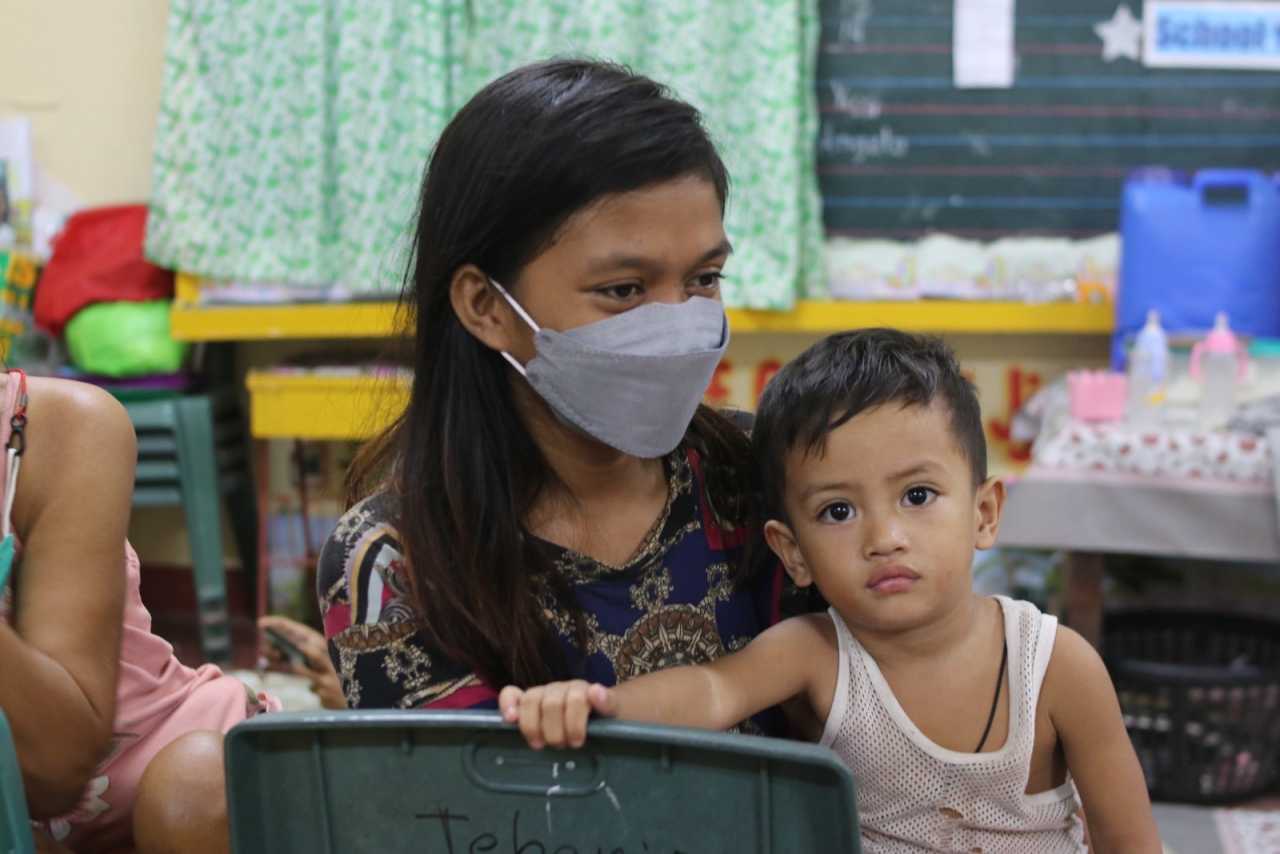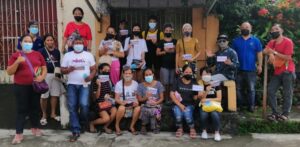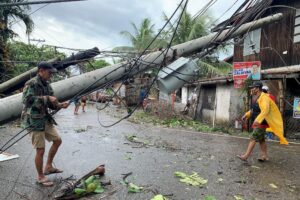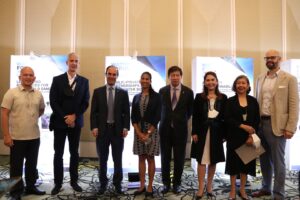The private sector in the Philippines is providing critical emergency assistance to communities affected by Typhoon Rai. The Philippine Disaster Resilience Foundation (PDRF), a business network supported by the United Nations Connecting Business initiative (CBi), is mobilizing the private sector in coordination with the Humanitarian Country Team.
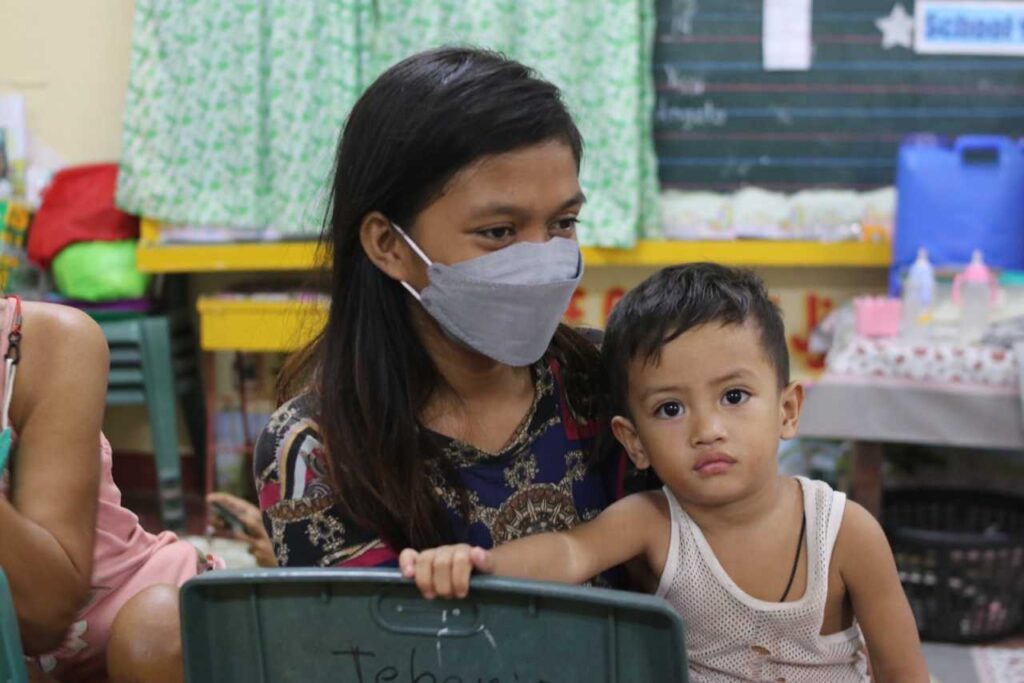
Typhoon Rai (local name Odette) made its first landfall in Eastern Visayas, the Philippines on 16 December 2021. Pre-emptive evacuations were organized for families and children living in vulnerable vicinities in Catarman, Northern Samar. © UNICEF/Jag San Mateo
Super Typhoon Rai, locally known as Odette, made landfall on Siargo Island in the Philippines on 16 December, after quickly intensifying into a super typhoon. PDRF’s Business-led Emergency Operations Centre was already on red alert, with staff and volunteers monitoring the situation 24/7 and ready to deploy.
The latest assessment conducted by OCHA shows that at least 2.6 million people are affected. Around 662,000 people have been displaced, with about 418,000 people still in evacuation centres. A total of 159,000 houses have been damaged, out of which 61,900 have been completely destroyed.
“This typhoon exceeded all predictions. Millions of people are affected and it severely damaged infrastructure,” said Veronica Gabaldon, PDRF Executive Director. “Beyond immediate relief, recovery efforts will be needed for the local businesses in the touristic islands that are the most affected.”
PDRF is contributing to the emergency response led by the Government in close collaboration with the Humanitarian Country Team. The network has deployed teams to the most affected provinces to assess needs and distribute the donations provided by its member companies. This includes food rations, medical support, air transport for humanitarian personnel and cargo, repairs of evacuation shelters and communication services. The network has also collected more than US$50,000 of financial and in-kind donations.
CBi, a joint UN Development Programme (UNDP) – OCHA initiative engaging the private sector before, during and after disasters, is supporting PDRF coordination efforts.
Kareem Elbayar, CBi Programme Coordinator, explained that “PDRF is a model for other private sector networks in the world that CBi is supporting, because of their response capacity and the way they work hand in hand with the Government and the Humanitarian Country Team in the Philippines”.
More details can be found on the typhoon’s emergency page.
CBi was launched at the World Humanitarian Summit in May 2016 and it takes forward the Summit outcomes, as well as the 2030 Development Agenda and the Sendai Framework for Disaster Risk Reduction.
Article by UN OCHA
